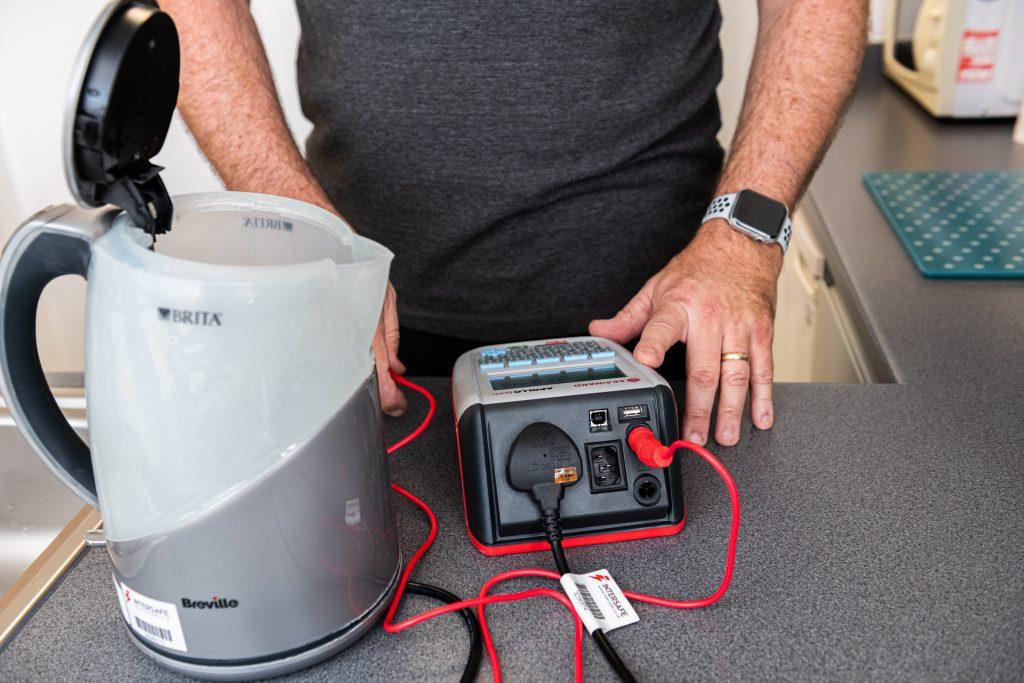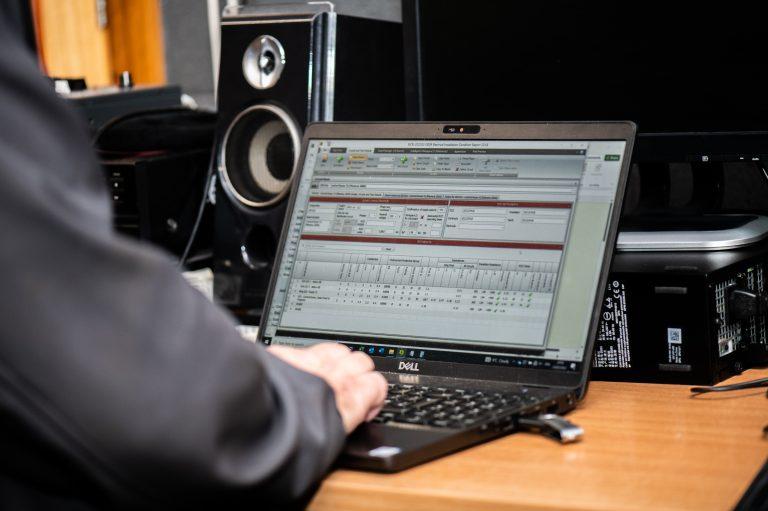Most of us have heard of PAT Testing by now, but fewer people know there are different classes appliances are categorised by. The different classes dictate the frequency at which they should be inspected.
But first…
…What is PAT Testing?
Portable Appliance Testing, (PAT) is the name given to a visual and electrical inspection given to a portable device. Although there is no legal definition of what a ‘Portable Appliance’ is, it is commonly interpreted as a device which has a plug attached – but is not always portable.
Confusing – we know!
Is PAT testing a legal requirement?
Yes and no. Businesses in the UK are required by law to maintain electrical items in a safe working condition to protect both staff and the public from harm. PAT Testing has therefore become the industry standard of maintaining compliance with legislation to keep people safe from harm.
Failure to comply with this legislation can result in severe punishment in the form of imprisonment and unlimited financial penalties. The employer or ‘competent person’ appointed by their employer is ultimately responsible for maintaining compliance.
How do I know what Class my appliance is for PAT Testing?
The Class of the appliance is dictated by the danger they pose to the user. There are three Classes; Class 1, Class 2 and Class 3. Class 1 is considered the most dangerous, and Class 3 the least. They are categorised as follows:
- Class 1
These appliances hold limited insulation and require an earth to protect both appliance and user. Examples include Freezers, Irons, Photocopiers and Microwaves.
- Class 2
These appliances hold greater insulation and therefore do not require an earth – making them safer. Examples include Lawn mowers, TVs, Lamps and Drills.
- Class 3
These appliances have a low voltage and pose the lowest risk to the user however, any charging leads that accompany the device may need testing. Examples include Laptops, Phone mobile chargers and Cameras.
How often do I need to PAT Test my appliances?
This depends on three criteria with no rules in place to determine the frequency of testing.
- The risk involved depends on the immediate working environment
- What the electrical class of the appliance is
- What category the appliance holds
What if I notice electrical damage to an appliance?
Common sense should always be applied; if your cables are damaged, or become excessively hot when charging then you should never wait for your next PAT Testing date. Immediately stop using the device and speak to an electrical professional.
Intersafe have extensive experience in working in electrical testing for large and complex premises, with extensive PAT Testing experience. To find out more about how often you should be testing your equipment, speak to one of the Intersafe team who will be happy to discuss this with you today.




